
とうとう、Bizmatesメインカリキュラム(Level 5)の最後のストーリーまで来ました。
今回のレッスンでは、極度の貧困の中で育ちながら、その経験をもとに社会貢献活動を行う女性 Jillian Haslam(ジリアン・ハスラム) の物語を題材に、社会問題について自分の考えを英語で伝える練習を行いました。
このストーリーが印象的なのは、慈善活動が「裕福な人が行うもの」として語られがちな一方で、彼女の場合は “支えられた経験”が出発点になっている ことです。
さらに、レッスン内では
- 貧困をなくすために必要なこと(教育・支援・環境)
- 優しさは連鎖するのか(kindness is contagious)
- 「what goes around comes around」という考え方(善意の循環)
といったテーマについて、自分の価値観を整理しながら話すことが求められます。
「正解を答える」よりも、自分の意見を理由とセットで伝える力が試される、Level 5の総まとめのような内容でした。
✏️ レッスンの特徴と難易度
■ 今回のトピック
極度の貧困を経験し、社会貢献活動を行う女性
Jillian Haslam の人生と慈善活動
■ 難易度
★★★★☆(中上級)
■ 内容の特徴
・貧困の連鎖を断ち切るために必要な要素を考える
・教育・支援・環境の役割について議論する
・「優しさは連鎖するのか」という価値観のテーマを扱う
・正解のない問いに対して、自分の考えを英語で説明する力が求められる
■ 語彙レベル
やや高め
(poverty / philanthropy / initiative / impact / opportunity など)
■ 今回の重要フレーズ
It’s harder to be kind than clever.
Cleverness is a gift, yet kindness is a choice.
✔ 意味
賢くあるよりも、親切である方が難しい。
賢さは才能だが、優しさは自分の選択である。
✔ ニュアンス
- clever → 頭の良さ・能力
- kind → 人としての姿勢
- choice → 意識的な選択
👉 人格は「日々の選択の積み重ね」で形づくられる、という考え方です。
✔ ビジネスシーンでの示唆
この言葉は、仕事の場面でも重要な意味を持ちます。
・能力が高いだけでは信頼は得られない
・相手への配慮や姿勢が信頼関係を築く
・リーダーシップにも通じる考え方
✔ 会話で使える応用例
It’s not always easy to be kind in stressful situations.
(ストレスのある状況で親切にするのは簡単ではありません)
Kindness is something we choose every day.
(親切さは日々の選択だと思います)
👉 ディスカッションでそのまま使えます。
✔ レッスンでの答え方ヒント
このフレーズについて意見を求められたら:
✔ 同意する
✔ 自分の経験を加える
✔ ビジネスの場面に結びつける
と話しやすくなります。
■ ストーリー要点まとめ
今回のストーリーは、インドの極度の貧困の中で育ち、慈善活動によって救われた一人の少女が、
成長後、今度は自らが困難な状況にある人々を支援する側になったという実話です。
ジリアン・ハスラムは、幼少期をスラムで過ごし、
見知らぬ人々の親切によって命をつなぎ、教育の機会を得ました。
この経験が、彼女の人生の原点となっています。
現在、彼女は慈善活動家として世界的に知られる存在となり、
講演活動や著書の収益、寄付などを活用しながら、
教育支援・職業訓練・特別支援教育・献血活動など
多方面で社会問題の解決に取り組んでいます。
彼女の活動の特徴は、単なる支援にとどまらず、
問題を特定し、現実的な解決策を実行することで
「即時に影響を与える支援」を重視している点です。
また、多忙な活動の中でも、
かつての自分と同じ状況にある人々に直接手を差し伸べ続けていることから、
彼女の行動の原動力が深い共感と実体験に根ざしていることが分かります。
物語の最後に示される
“what goes around comes around”
という言葉は、
受けた善意が巡り巡って次の善意を生むという循環を象徴しており、
彼女の人生そのものを表していると言えるでしょう。
この物語の核心を表しているのが、次の言葉です。
People in power need to think differently.
Not promise to make a change, but start by trying to be that change.(権力や影響力を持つ人は、変化を約束するのではなく、
その変化を自ら実行することから始めるべきである。)
この言葉は、支援とは「宣言」ではなく「行動」であるという姿勢を示しています。
ジリアン・ハスラムの人生そのものが、この考え方を体現していると言えるでしょう。
このストーリーから感じたこと
ジリアン・ハスラムの人生は、単なる「成功物語」ではありません。
彼女の原点は、極度の貧困の中で
見知らぬ人の優しさによって生かされた経験
にあります。
Philanthropy brought her out of poverty and literally saved her life.
(慈善活動は彼女を貧困から救い、文字通り命を救った。)
この経験が、彼女の人生の方向を決定づけました。
慈善活動は「余裕のある人が行うもの」ではなく、
自分を救ってくれたものを、次の誰かへ手渡す行為
だったのです。
彼女の活動が特別に感じられるのは、
理念ではなく、体験から生まれているからでしょう。
貧困の現実を知っているからこそ、
本当に必要とされている支援を理解し、
現場に届く形で行動している。
それは「善意」ではなく、
生き方としての責任のようにも感じられます。
「変化を約束する」のではなく「変化になる」
このストーリーの冒頭で紹介された言葉は、彼女の生き方を象徴しています。
People in power need to think differently.
Not promise to make a change but to start with trying to be that change.
変化を約束することは簡単です。
しかし、自分自身がその変化の一部になることは簡単ではありません。
ジリアンは言葉ではなく、行動によってそれを示してきました。
優しさは連鎖するのか
ストーリーの最後に出てくる
“what goes around comes around”
という表現は、単なることわざではなく、
彼女の人生そのものを表しているように感じます。
かつて受け取った優しさが、
彼女を通じて再び誰かへ届けられている。
優しさは循環し、社会の中で静かに広がっていく。
そんな希望を感じさせる物語でした。
英語学習を超えて得られる視点
このレッスンの価値は、英語表現の習得だけではありません。
貧困、支援、社会的責任といったテーマについて考え、
自分の価値観を言葉にする経験そのものが、
視野を広げてくれると感じました。
英語を学びながら、
世界の現実を知り、人の生き方について考える。
それこそが、Level 5の教材が持つ本当の魅力なのかもしれません。
受講者が戸惑いやすいポイント
今回のレッスンは内容理解よりも、
価値観や社会的テーマを英語で説明する難しさ
を感じやすい内容でした。
特に戸惑いやすいポイントは次の通りです。
■ 抽象的な語彙の扱い
poverty / philanthropy / initiative / impact などの語彙は、
意味が分かっていても、自分の言葉で説明するのが難しく感じます。
👉 難しく説明しようとせず、シンプルな表現に言い換えることが大切です。
■ 正解のないテーマへの対応
貧困問題や慈善活動のあり方には明確な正解がありません。
そのため、
「何が正しい答えなのか」
と考えてしまい、言葉が止まってしまうことがあります。
👉 正解ではなく、自分の考えを伝えることが重要です。
■ 理由を添えて説明する難しさ
意見を述べたあと、
“why?”
と聞かれた瞬間に言葉が止まるケースは少なくありません。
👉 短い理由で十分です。
👉 完璧な英語より、論理の流れを意識しましょう。
■ 話しやすくするコツ
・結論から話す
・難しい表現を使おうとしない
・自分の経験や価値観を交える
・完璧さより「伝えること」を優先する
■ 実際に感じたこと
今回のテーマは、知識量よりも
自分の考えを整理して伝える力
が試される内容だと感じました。
ディスカッションで使える回答例
今回のレッスンでは、貧困の克服や慈善活動のあり方について意見を求められました。
実際のディスカッションでも使いやすい回答例を紹介します。
■ 質問
What do you think needs to be done to eliminate poverty?
■ シンプル回答(伝わりやすい)
I think education is the most important solution.
It helps people gain skills and improve their future.
👉 結論が明確で伝わりやすい。
■ 発展回答
I believe education is essential to eliminate poverty.
It enables people to develop skills, find better jobs, and break the cycle of poverty.
👉 break the cycle of poverty は頻出表現。
■ 質問
Do you think kindness can change people’s lives?
■ シンプル回答
Yes, I think kindness can change lives.
Even small acts of kindness can give people hope.
■ 発展回答
Yes, kindness can have a powerful impact.
When people receive kindness, they feel valued and are more likely to help others.
👉 「優しさの連鎖」を説明できる。
■ 質問
Do you think people can overcome poverty through hard work alone?
■ シンプル回答
Hard work is important, but it is not always enough.
■ 発展回答
Hard work is important, but without education and opportunities, it can be difficult to escape poverty.
👉 opportunity を入れると説得力UP。
■ 質問
Why do you think Jillian continues helping others?
■ シンプル回答
She wants to give back because she was helped in the past.
■ 発展回答
She continues helping others because philanthropy saved her life.
She wants to support people who are facing the same hardships she once experienced.
👉 ストーリー理解を示せる。
■ 回答するときのコツ
・結論 → 理由 の順で話す
・難しい表現よりシンプルな英語を選ぶ
・自分の経験や価値観を加えると説得力が増す
このテーマについて感じたこと
貧困の中から生き延び、支えられ、そして今度は支える側に回る――
ジリアン・ハスラムの人生は、「優しさが人を救う力」を体現しているように感じました。
彼女が生き延びることができたのは、見知らぬ人の親切によるものでした。
そして今、彼女は同じ状況にある人々に手を差し伸べ続けています。
What goes around comes around.
この言葉は単なることわざではなく、
人の行いが巡り巡って社会を形づくっていくという真理を示しているように思えます。
貧困の問題に対して、単純な解決策は存在しません。
教育、機会、支援、そして人の思いやり――
さまざまな要素が重なり合って初めて、状況は変わっていくのかもしれません。
英語を学びながら、このような社会の現実や人の優しさについて考える機会が得られる点も、
このレッスンの大きな価値だと感じました。
✏️ 学びとして残ったこと
・優しさは人生を変える力を持つ
・教育と機会が貧困の連鎖を断ち切る
・支えられた経験は、人を支える行動へとつながる
このレッスンは、英語表現だけでなく、
「人としてどう生きるか」という視点を与えてくれる内容だったと思います。
✔ 最後に
誰かの優しさが、誰かの未来を変える。
そんな連鎖を生み出せる人でありたい――
そう思わせてくれるレッスンでした。
✏️ 次回に向けて
いよいよレベル5修了、そして次のステップへ。
これからも英語を通じて、世界の見方を広げていきたいと思います。

















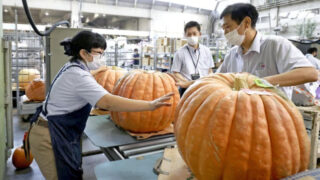





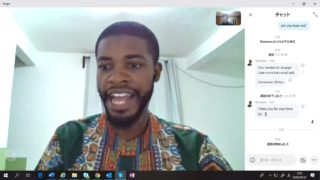






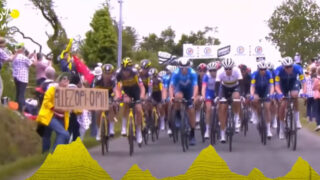







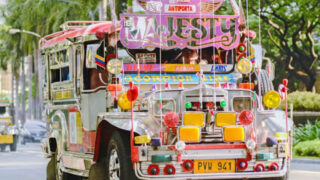





















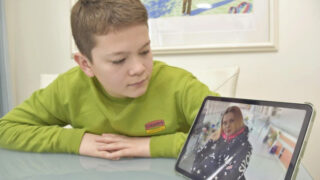


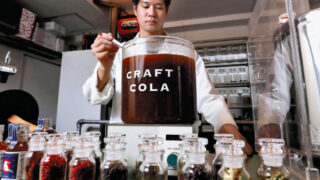























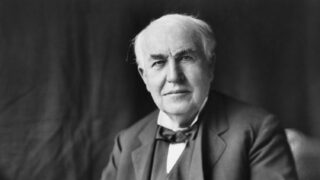




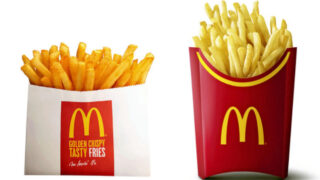



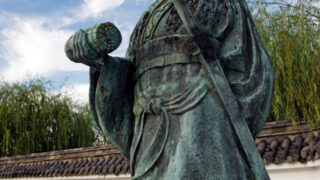






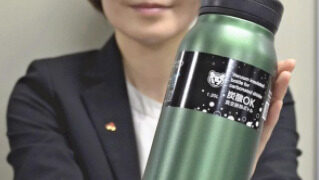
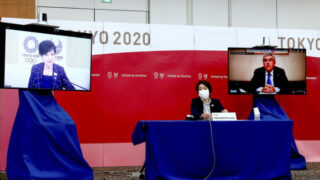















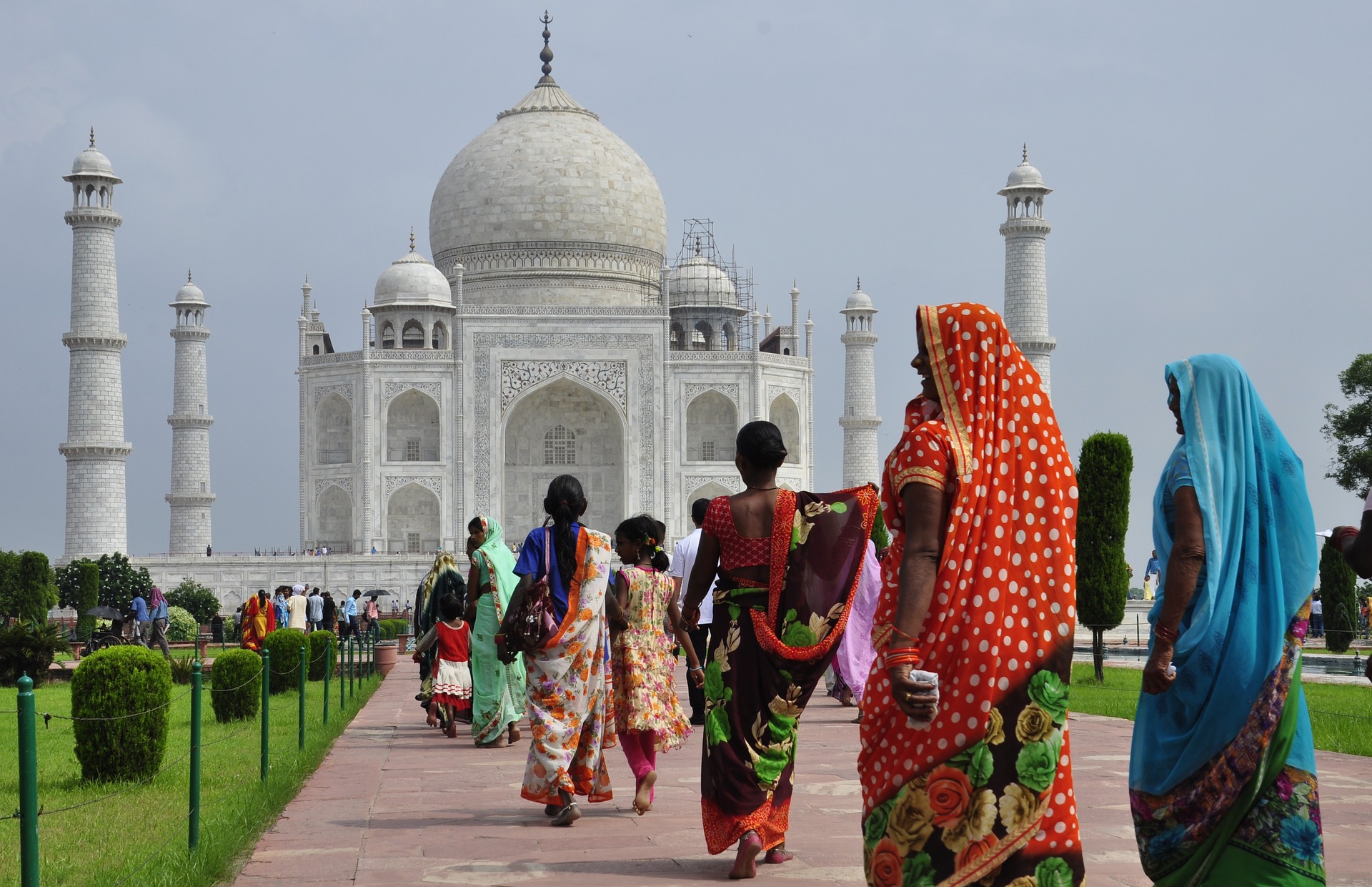


コメント